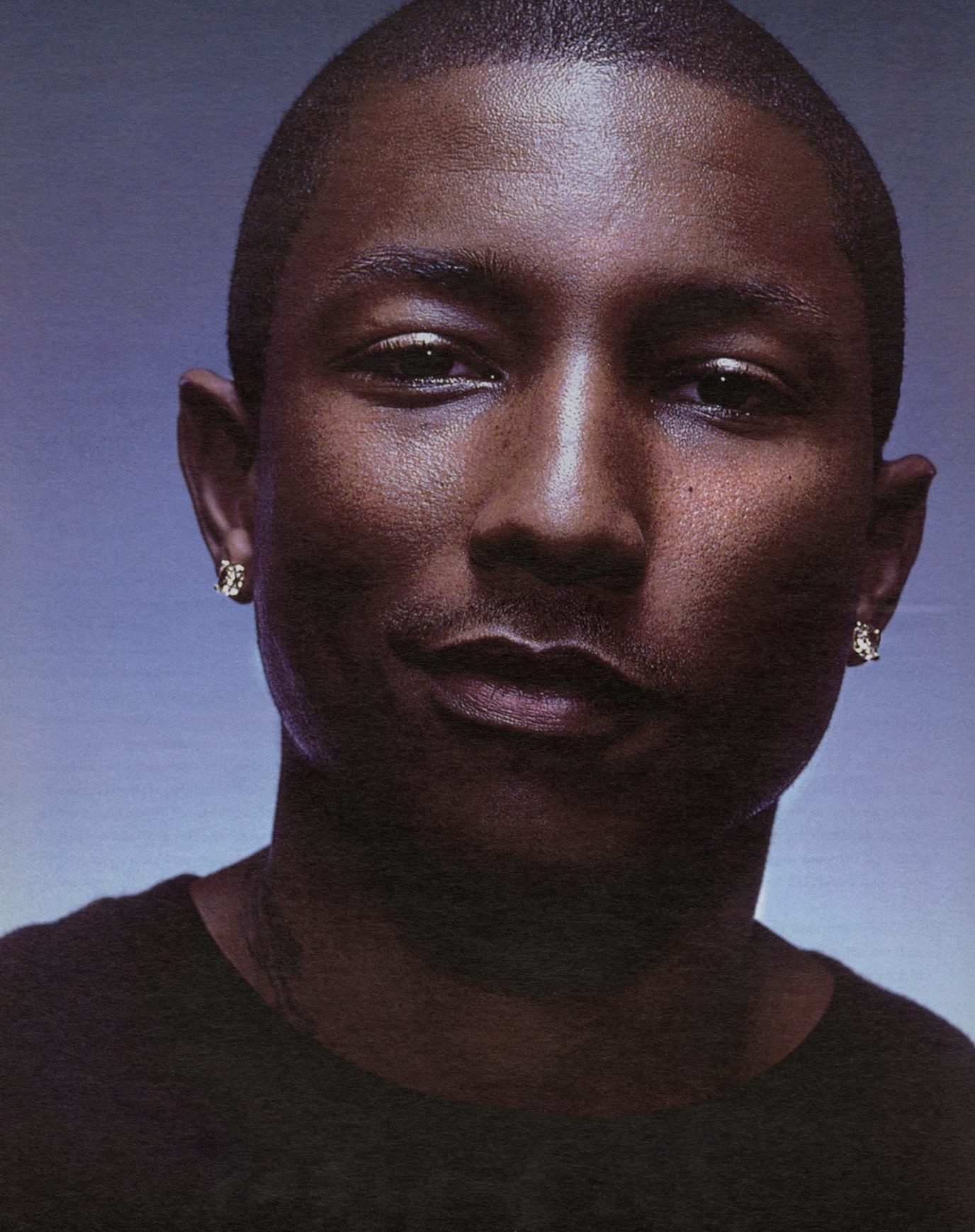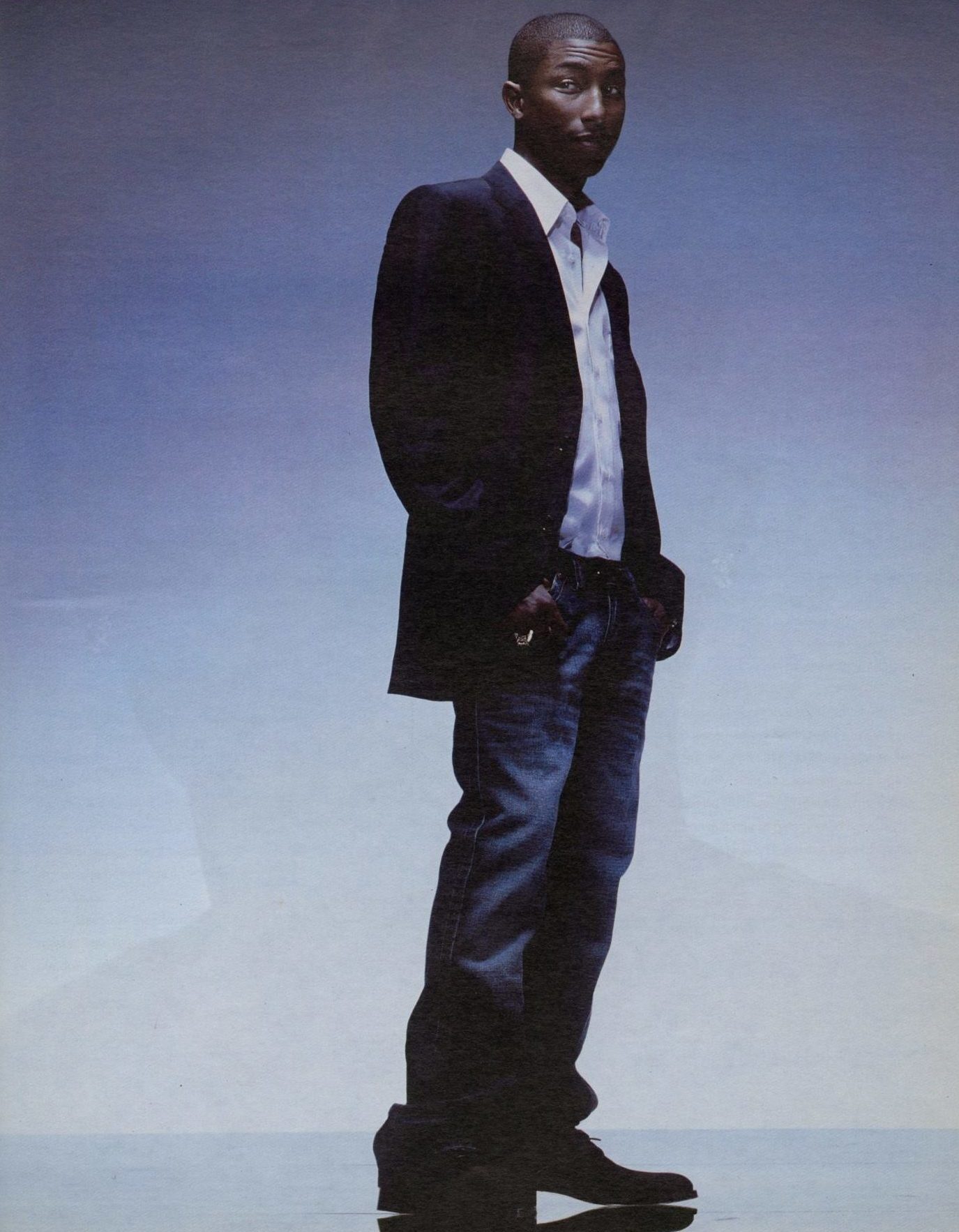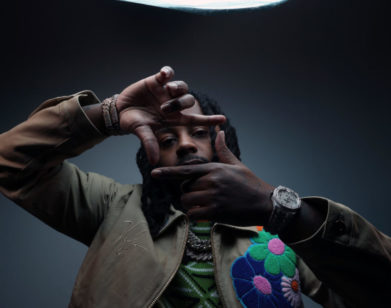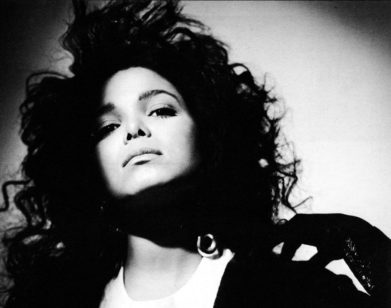LIFE LESSONS!
Life Lessons from Pharrell Williams and Michael Jackson

Welcome to Life Lessons. This week, we’re revisiting Pharrell Williams’ conversation with Michael Jackson from our special August 2003 Music Issue. By 2003, Pharrell had reached the pinnacle of music industry fame—as one half of the songwriting and production duo the Neptunes, the then-30-year-old artist had produced a whopping 43% of the songs played on U.S. radio that year. Now, almost 20 years later, Pharrell remains at the center of rap’s orbit—he collaborated on It’s Almost Dry (2022), Pusha T’s acclaimed fourth studio album, and recently dropped Cash In Cash Out with Tyler, the Creator and 21 Savage. And then there’s Something in the Water, Pharrell’s annual music festival in Washington D.C. that books industry heavyweights year after year. In their 2003 conversation, Williams talks to the King of Pop about sleepless nights, bad press, and their shared influences. So sit back and take notes—you just might learn a thing or two.
———
MICHAEL JACKSON: What would you say inspires you in your music? What is it that inspires you to create your music?
PHARRELL WILLIAMS: It’s a feeling. You treat the air as a canvas and the paint is the chords that come through your fingers, out of the keyboard. So when I’m playing, I’m sort of painting a feeling but in the air. I know that might sound corny, but–
JACKSON: No. No, that’s a perfect analogy.
WILLIAMS: It’s like painting or sculpting. When you let it go it’s because you know that it’s finished. It’s completed. And vice versa–it tells you, “Hey, I’m not done.”
JACKSON: Yeah. And it refuses to let you sleep until it’s finished.
WILLIAMS: That’s right.
———
JACKSON: And what do you think of the music today—are you into the sounds that are being created and the direction that music is going?
WILLIAMS: Well, personally, I kind of feel like I’m taking notes from people like yourself and Stevie [Wonder] and Donny [Hathaway], and just sort of doing what feels right.
JACKSON: Right.
WILLIAMS: You know, like when everyone was going one way, you went Off the Wall (1979).
JACKSON: Right. [laughs]
WILLIAMS: And when everyone else was going another way, you went Thriller (1982). You just did it your way. And I’m taking notes from people like yourself, like not being afraid to listen to your feelings and turn your aspirations and ambitions into material. Making it happen, making it materialize.
JACKSON: That’s beautiful. That’s lovely. You said that very well.
———

———
WILLIAMS: What you do is so amazing. When you are 100 years old, and they’re still making up things about what you’ve done to this and what you’ve done to that on your body—please believe me, if you decided you wanted to dip your whole body in chrome, you are so amazing that the world, no matter what they say, is going to be right there to see it. And that is because of what you have achieved in the music world, and in changing people’s lives. People are having children to your songs. You’ve affected the world.
JACKSON: Thank you very much. It’s like the bigger the star, the bigger the target. You know when you’re—and I’m not being a braggadocio or anything like that—but you know you’re on top when they start throwing arrows at you. Even Jesus was crucified. People who bring light to the world, from Mahatma Gandhi to Martin Luther King to Jesus Christ, even myself. And my motto has been Heal the World, We are the World, Earth Song, Save Our Children, Help Our Planet. And people want to persecute me for it, but it never hurts, because the fan base becomes stronger. And the more you hit something hard, the more hardened it becomes–the stronger it becomes. And that’s what’s happened: I’m resilient. I have rhinoceros skin. Nothing can hurt me. Nothing.
———
JACKSON: I wanted to ask you—do you feel, the way I do, that it’s almost like a pregnancy, giving birth? Writing a song is like having a child, and once the song is finished, it’s like letting the child into the world. Do you ever feel like that, like it’s hard to let go?
WILLIAMS: You know what? I did…a [music] video [recently], and I was afraid to let it go…the video to me is like the second part of the song because it is the interpretation given in a visual perspective. So, yes, I completely feel that way. And it’s like sometimes if you play something to people and they don’t get it, it’s kind of like your child who’s done something and everyone is pointing fingers and you’re like, “Wait! This is my kid!” Now, I’m not a father, but I imagine that’s the way it would be—at least that’s how I feel about my songs.
———
JACKSON: Now the different forms of music—popular culture music—that the black race has been responsible for bringing in, ushering in, from jazz to pop to rock-‘n’-roll to hip-hop, you name it, what do you think that is all about? Is it given from god?
WILLIAMS: I think all music is a gift from god. And– [a fan interrupts] Michael, can you hold on for one second? [Williams talks to fan for a few seconds, then resumes talking to Jackson] Sorry.
JACKSON: [Laughs] …Like rock-‘n’-roll was invented by Chuck Berry, Little Richard, Fats Domino.
WILLIAMS: Absolutely.
JACKSON: Even the dances from the cakewalk to the Charleston, the popping, the breaking, the locking. Don’t you think they’re a gift from god?
WILLIAMS: Absolutely. God gave us that gift when he gave us the gift of interpretation. I mean, when you write your lyrics, you’re writing to someone, or to the world. When you’re playing, you’re playing something for the world to hear. When you’re dancing, you’re dancing for people to see. It’s just a form of expression. And then there are times when you might be a little more introverted about it, when you’re dancing, writing, or playing for yourself, and you have no idea how amazing what you’re doing looks, sounds, or feels, until somebody else tells you, or until you record it and go back and look at it.
———
JACKSON: Who are some of the older artists—not the artists on the radio today—who inspired you when you were younger? Like the artists your father listened to, did you learn anything from those artists?
WILLIAMS: Absolutely. The Isley Brothers.
JACKSON: Yeah, me too. I love the Isley Brothers. And I love Sly and the Family Stone.
WILLIAMS: Donny [Hathaway], Stevie [Wonder]…
JACKSON: You like all the people I like. [Laughs]
WILLIAMS: Those chord changes. They take you away.
———
WILLIAMS: Thank you, sir. And I just wanted to say something, and I don’t know if you want to hear this, but I just have to say it because it’s on my heart. But people bother you—
JACKSON: Yeah.
WILLIAMS: –Because they love you. That’s the only reason why. When you do something that people don’t necessarily understand, they’re going to make it into a bigger problem because you’re one of the most amazing talents that’s ever lived. You’ve accomplished and achieved more in this century than most any other men.
JACKSON: Well, thank you very much. That’s very kind of you.
———
WILLIAMS: If I never work with you, just know that you are unstoppable. That’s why I said, when you’re 100 years old and you decide to dip your entire body in chrome, as much as they say things–and I don’t care what they say about you, sir–they’re going to be right there to see it.
JACKSON: There’s a lot of jealousy there. I love all races. I love all people, but sometimes there’s a devil in people, and they get jealous. Every time there’s a luminary that goes beyond the heights of his field of endeavor, people tend to get jealous and try to bring him down. But they can’t with me because I’m very, very, very strong. [Laughs] They don’t know that, though.
WILLIAMS: They know! Please believe me, they know!
JACKSON: Anybody else would’ve cracked by now; they can’t crack me. I’m very strong.
WILLIAMS: Of course. They couldn’t crack you when you were 10, because you were destroying grown men doing what you did with your voice and your talent. And when you were 20, you were outdoing people that had been doing it for 20 or 30 years. And nowadays they’re still waiting to see where you’re at. They want to see your kids, they want to see your world. You’re amazing, and I just wanted to tell you that, man. And I hope that this all gets printed because it’s very important to me. I hope that I can be half as dope as you one day.
JACKSON: Oh, god bless you. You’re wonderful, too. Thank you so much.






